How to Wash a Baby’s Face Properly?
Baby hygiene can be a confusing thing for new parents. How often should you bathe them and what about cleaning their sensitive faces? Babies don’t have to be bathed every single day; otherwise, their skin will dry out. At most, your baby will need to be properly bathed around three times a week, but you will need to keep the face, neck and private areas clean every day. This is because your baby’s face is most exposed and also gets dirty during feeding time so you will need to make it a habit to clean the baby’s face after feeding. Even your baby’s neck will need to be cleaned, because the spit and drool that often accompany infancy can often make its way down there, causing irritation to the skin if not cleaned away daily.
How You Should Clean Your Baby’s Face?
Cleaning your baby’s face should be done the right way as your baby is still very sensitive, and you will need to be careful around their eyes and ears. If you aren’t sure about the right way to go about things, we have put together some pointers to help you learn how to wash a newborn baby’s face.
Things You Will Need
To clean your baby’s face, it is best to be efficient and keep everything you need ready so that you don’t need to keep running around in the middle of things to get them. Here are the things you will need:
- Clean and soft washcloth
- Cotton balls
- Warm water
- Soft baby towel
Steps to Wash Your Baby’s Face
Here are step-by-step instructions on how to wash your baby’s face:
- Select a comfortable and safe area for washing your baby’s face, such as a changing table or a soft surface where they can lie down securely.
- Test the temperature of the water on your inner wrist to ensure it is comfortably warm, not too hot or too cold, before using it on your baby’s delicate skin.
- Soak a cotton ball in some warm water and then gently squeeze out most of the liquid.
- Be very gentle as you wipe your baby’s eyes from the inside corner to the outside.
- Use the other cotton ball for the other eye and use the same technique.
- Dip the washcloth in the warm water and squeeze out most of the liquid.
- Wipe your baby’s face with this gently. Do not use soap unless your doctor has told you to do so. Sometimes soap is prescribed by the doctor when you need to clean the baby’s face affected by acne. Opt for mild, fragrance-free cleansers if necessary.
- Make sure that you do not scrub the skin, but use gentle motions as you wipe the forehead, cheeks, nose and chin very well.
- If there is any dry substance around the eyes, nose or mouth, do not scrub. Instead, dab it gently until it softens up and you are able to clean it off in just the simple swiping motion.
- You will need to use the washcloth to clean behind your baby’s ears and around the outside of it. Do not attempt to put anything on the inside of your baby’s ears while cleaning as this can damage or cause infections in the ear.
- To clean your baby’s neck, make sure to lift his neck up and wipe the neck with the same gentle motions you used on the face. It is important that you clean properly between all the folds so that you can clear out any drool, spittle or even milk that has gotten stuck there.
- Once you have cleaned your little one’s face and neck, pat the areas dry with a clean and soft baby towel. Be sure to pat the skin rather than rub it dry to avoid causing irritation.
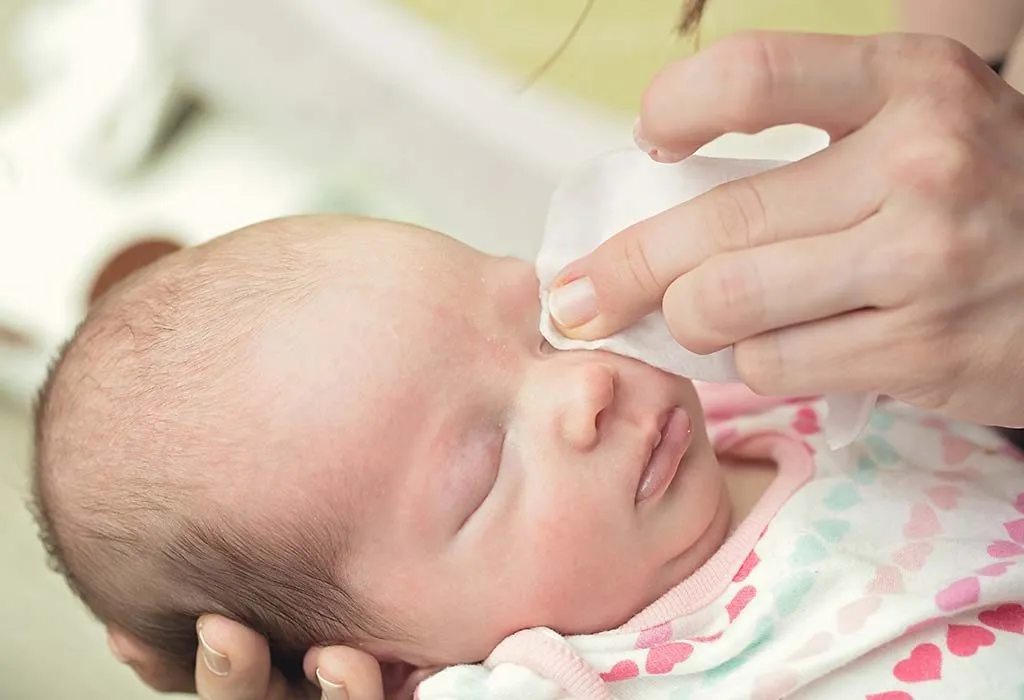
Precautions You Need to Take
Bathing your baby is a simple yet delicate task, so you need to be attentive and careful while doing it. Here are some precautions and things to keep in mind:
- It is best to check the temperature of the soaked cotton balls and washcloths to make sure that they are not too hot for your baby. You can do this by testing the water temperature on the skin on the inside of your wrist.
- While most diaper bags contain baby wipes as they are used for many things from cleaning your baby’s privates to cleaning their mouths, hands and other body parts when on the go. It is just more convenient for you as a parent. However, some baby wipes have been known to contain a harmful chemical ingredient called methylisothiazoline that is used as a preservative. Many children have been found to have an allergic reaction to this chemical, as seen in the study conducted by Dr. Mary Wu Chang. Do not clean baby’s face with wipes on a daily basis to avoid any kind of bad reaction such as rashes. You should also make sure to check the ingredients list on the packets of wet wipes you purchase and only get one that does not use this ingredient.

- Some babies develop baby acne, while others are born with it. It is a common occurrence in babies; about 20% experience this condition. While it may be a temporary issue that goes away on its own, it is best for you to take care of your baby’s skin so that the acne does not cause scarring or get irritated, inflamed or infected. Though it is best not to use soap while cleaning your baby’s face on a regular basis, when your baby has baby acne, it may be necessary to use soap. However, you must speak to a paediatrician about the best kind of soap to use on your baby’s face and never try washing your baby’s face with soap bought over the counter. Over-the-counter soaps may often cause more harm than good.
- People with sensitive skin have been known to wash their face with baby shampoo as it is gentle on your baby’s skin and does not clog pores. Since it is formulated to be used on the sensitive heads of babies, the shampoo does not even sting the eyes. However, even though it will not sting your baby’s eyes if you are planning on using it to wash your baby’s face, it is best to first consult with a doctor or skin expert about it. Talking to your physician is especially necessary if you are dealing with baby acne.
- Take care not to rub or scrub your baby’s skin too harshly as it is very sensitive and can be easily damaged or irritated. Practice gentle and light motions while washing your baby’s face to avoid friction and irritation.
- Never use your finger or even an earbud to clean the inside of your baby’s ears as you may hurt your baby or cause an infection.
- When it comes to cleaning baby’s eyes, ear and nose, make sure you do not ignore these parts and clean them gently.
- Establish a regular skincare routine for your baby’s face and neck, but be observant for any changes in their skin condition. Adjust the routine as needed based on your baby’s individual needs and any recommendations from healthcare providers.
FAQs
1. When should you start cleaning your baby’s face?
When it comes to washing an infant’s face, you can start cleaning your baby’s face shortly after birth. However, be gentle and cautious, especially around the eyes and other sensitive areas.
2. How often should you clean your baby’s face?
You should clean your baby’s face regularly as part of their daily hygiene routine. Once a day is typically sufficient, but you may need to clean more frequently if your baby’s face becomes soiled or after feeding.
3. Is it normal that baby’s face become red after cleaning?
It’s not uncommon for a baby’s face to become slightly red after cleaning, especially if you’re using warm water or if their skin is sensitive. However, excessive redness or irritation may indicate that the cleaning method or products used are too harsh. If you’re concerned, consult with a pediatrician or healthcare provider for advice.
So, this was all about how to wash a newborn’s face. Your child is very precious to you, and no parent wants anything to harm their beautiful babies. Thus, it is up to the parent to keep the little ones clean, warm and safe so that they can avoid developing infections, rashes and other problems that can only make things more difficult for you and them. Remember to keep your baby’s face clean every day and don’t forget about the neck area. You don’t have to worry about using soap or any other product on your baby’s face. Just simple warm water will do unless your baby’s doctor says otherwise, which rarely happens except in cases where your baby has baby acne or some other skin condition.
References/Resources:
1. Chang. M, Nakrani. R; Six Children With Allergic Contact Dermatitis to Methylisothiazolinone in Wet Wipes (Baby Wipes) (Pediatrics); ResearchGate; https://www.researchgate.net/publication/259721670_Six_Children_With_Allergic_Contact_Dermatitis_to_Methylisothiazolinone_in_Wet_Wipes_Baby_Wipes; January 2014
2. Lavender. T, Furber. C, Campbell. M, Victor. S, et al.; Effect on skin hydration of using baby wipes to clean the napkin area of newborn babies: assessor-blinded randomised controlled equivalence trial; BMC Pediatrics; https://bmcpediatr.biomedcentral.com/articles/10.1186/1471-2431-12-59; June 2012
3. Bathing and Skin Care for the Newborn; Stanford Medicine; https://www.stanfordchildrens.org/en/topic/default?id=bathing-and-skin-care-for-the-newborn-90-P02628
4. Bathing Your Baby; American Academy of Pediatrics; https://www.healthychildren.org/English/ages-stages/baby/bathing-skin-care/Pages/Bathing-Your-Newborn.aspx
5. Washing and bathing your baby; NHS; https://www.nhs.uk/conditions/baby/caring-for-a-newborn/washing-and-bathing-your-baby/
6. Baby Acne; Cleveland Clinic; https://my.clevelandclinic.org/health/diseases/17822-baby-acne
7. Baby acne; Mayo Clinic; https://www.mayoclinic.org/diseases-conditions/baby-acne/symptoms-causes/syc-20369880
How to Clean Baby Ears?
How to Clean Baby’s Tongue?
How to Brush Babys Teeth?
How to Clean your Baby’s Genitals?
Was This Article Helpful?
Parenting is a huge responsibility, for you as a caregiver, but also for us as a parenting content platform. We understand that and take our responsibility of creating credible content seriously. FirstCry Parenting articles are written and published only after extensive research using factually sound references to deliver quality content that is accurate, validated by experts, and completely reliable. To understand how we go about creating content that is credible, read our editorial policy here.






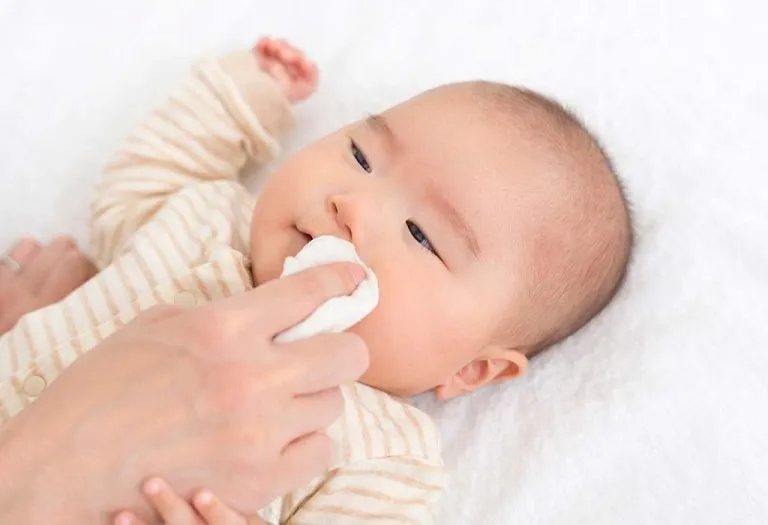
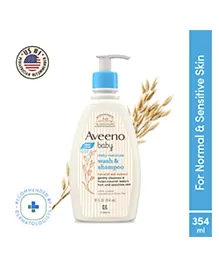
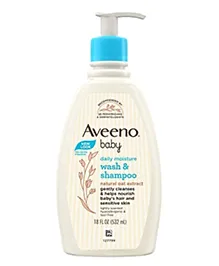
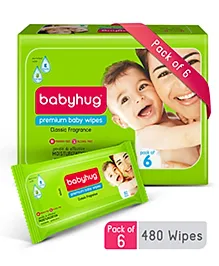
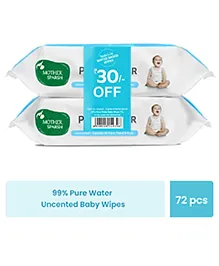
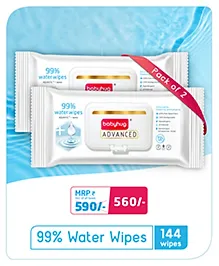

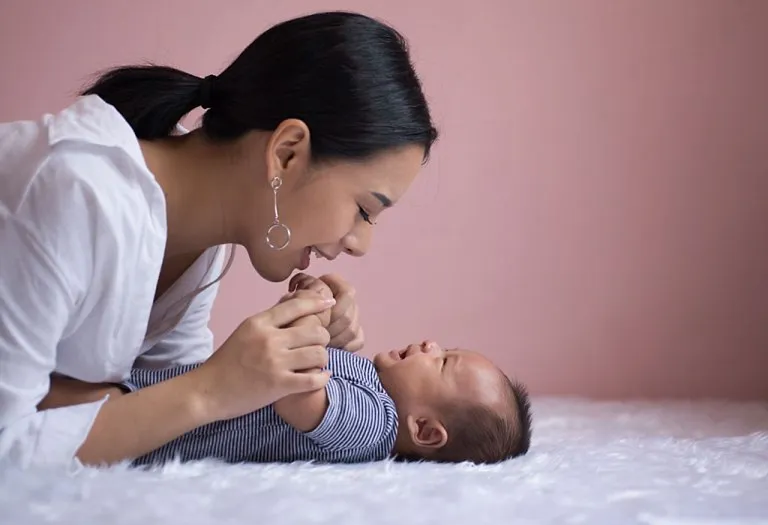
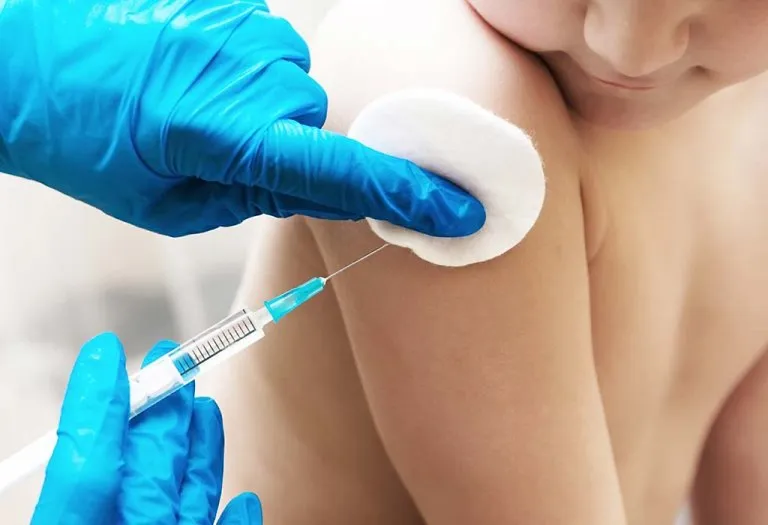
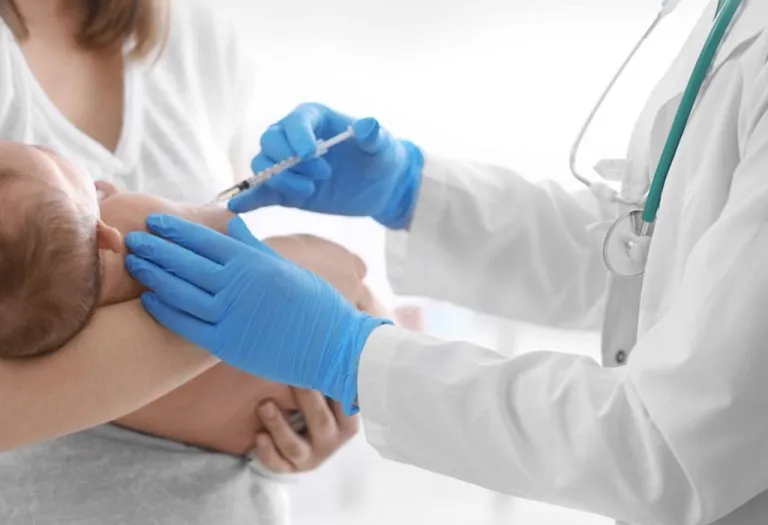

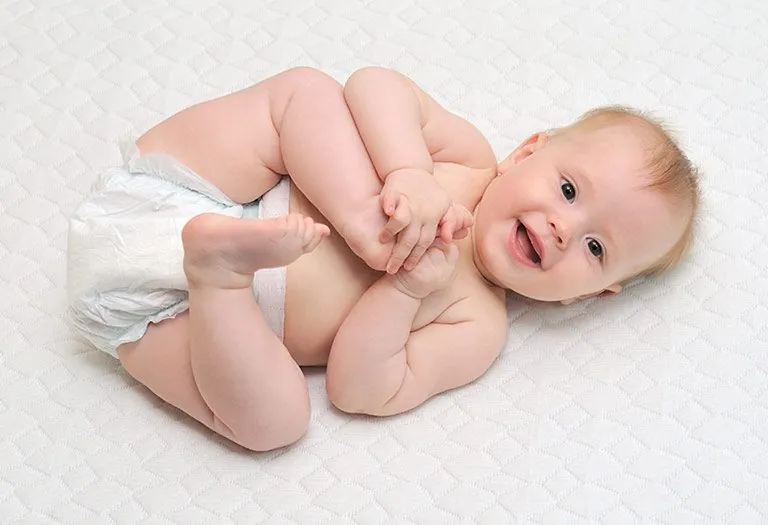

.svg)


















